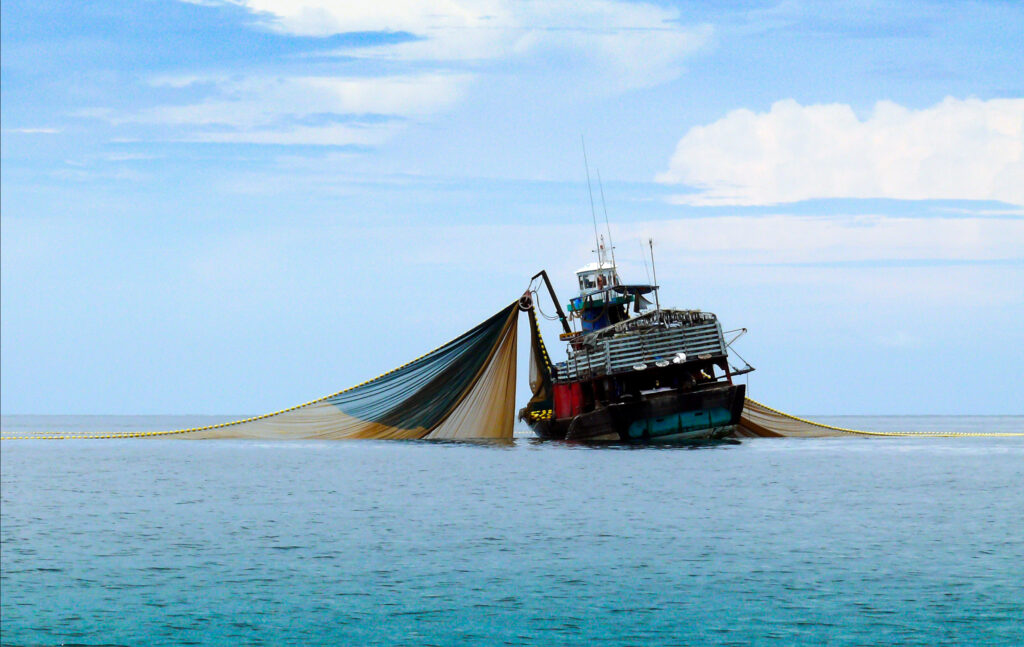This website uses cookies so that we can provide you with the best user experience possible. Cookie information is stored in your browser and performs functions such as recognising you when you return to our website and helping our team to understand which sections of the website you find most interesting and useful.
NGOs involvement in long-term effects of ecological and institutional change on regional fisheries
Summary
In this journal article Lisa M. Dellmuth from Stockholm University and international authors summarize key insights on their research addressing non-governmental organizations (ENGOs) participation in meetings of regional fisheries management organizations.
In this article the researchers develop a theoretical framework conceptualizing ENGO participation and developing expectations about how ecological and institutional change shapes ENGO participation.

Fishing boat. Credit: NarisaFotoSS / Shutterstock
Key Messages
- Scientist and expert participation in RFMOs tends to crowd out NGO participation.
- NGOs participate in greater numbers in RFMOs with relatively large budgets.
- In RFMOs with more democratic memberships, we find more NGO participation.
- Target fish stock health is not found to shape NGO participation.
- NGOs participation does not seem to depend on the economic value of target stocks.
Conclusion
Understanding why ENGOs participate is crucial for policy makers to know in order to improve conditions for ENGO participation and influence for greater effectiveness of reaching the targets set out in SDG14.
Given the growing role of ENGOs, it is an important task for future research to further investigate the goals, strategy choices, and impacts of ENGOs participating regional fisheries management organizations
The research presented in this journal article is a deliverable of Mistra Geopolitics, which is funded by MISTRA, the Swedish Foundation for Strategic Environmental Research.





 Authors of this publication
Authors of this publication
